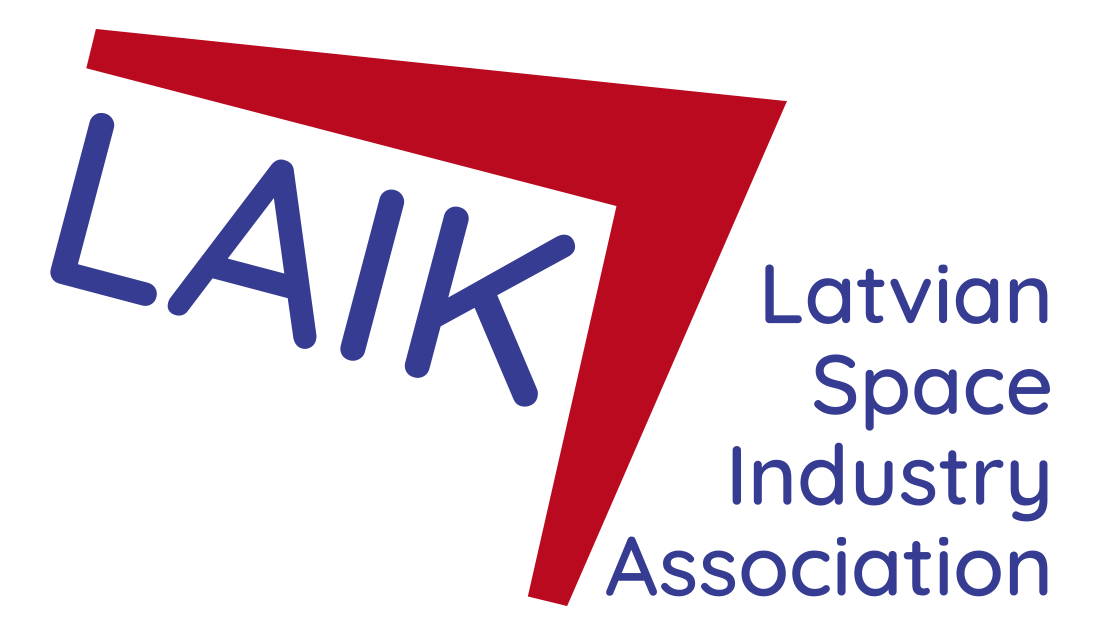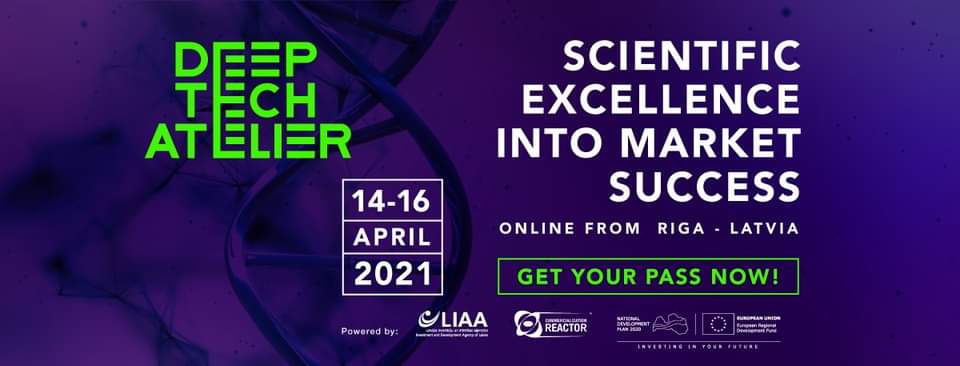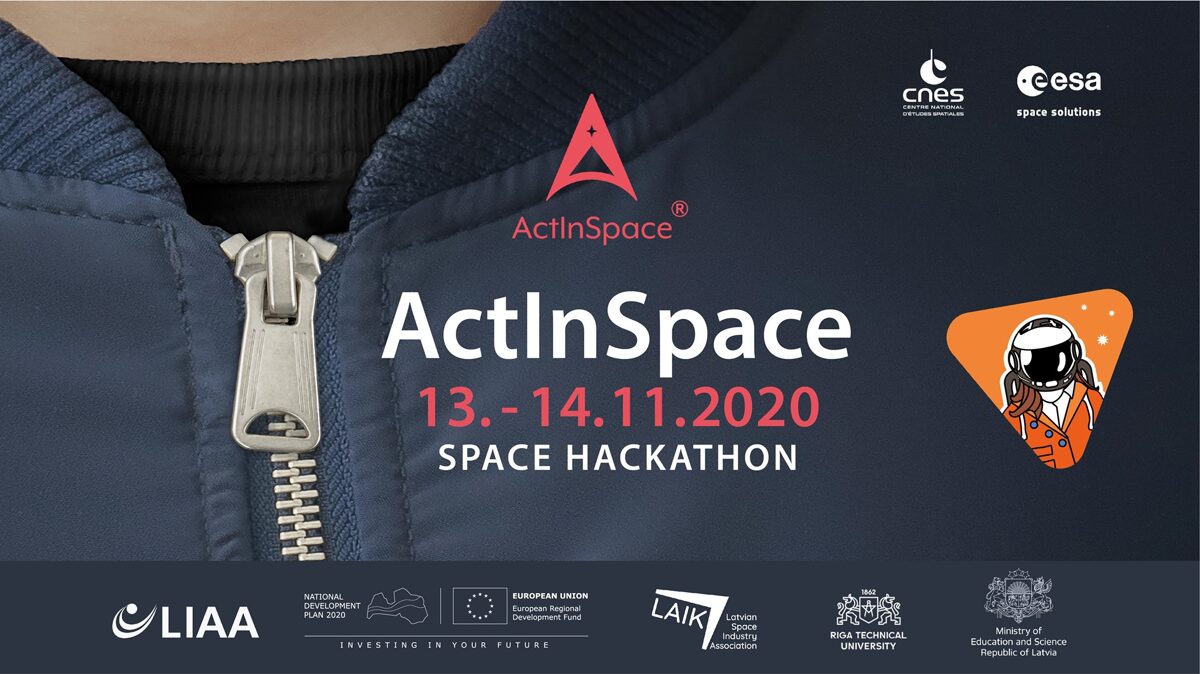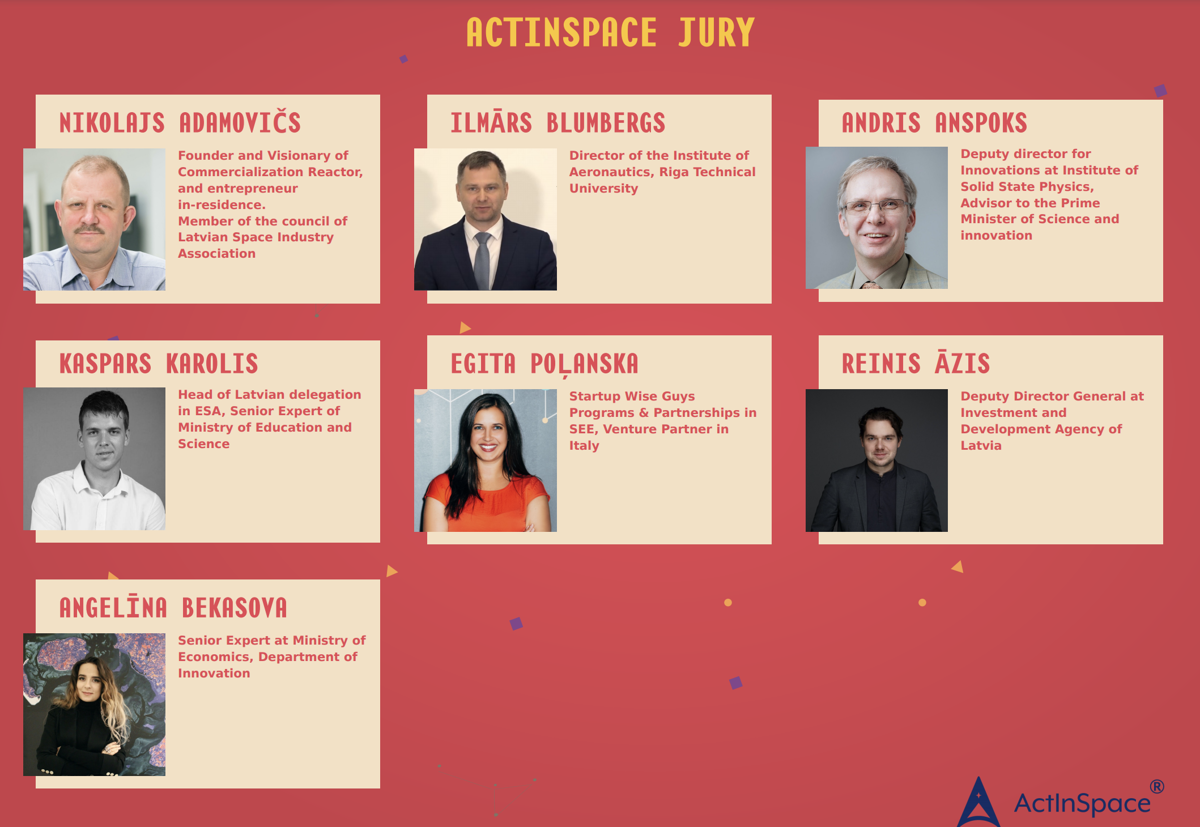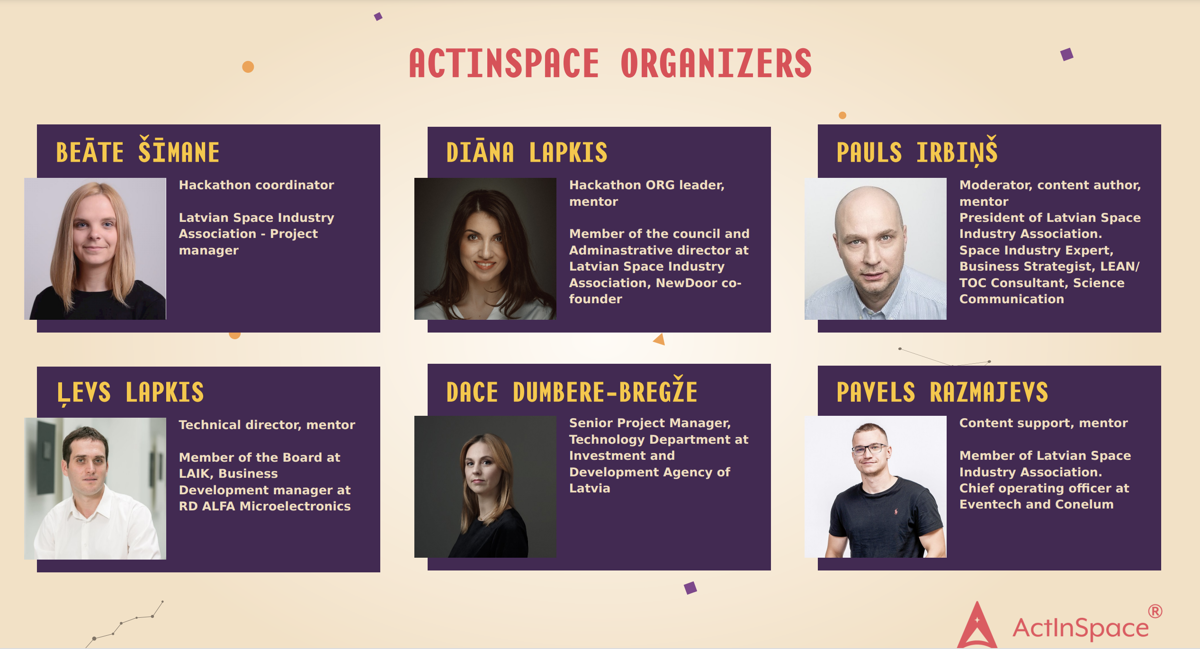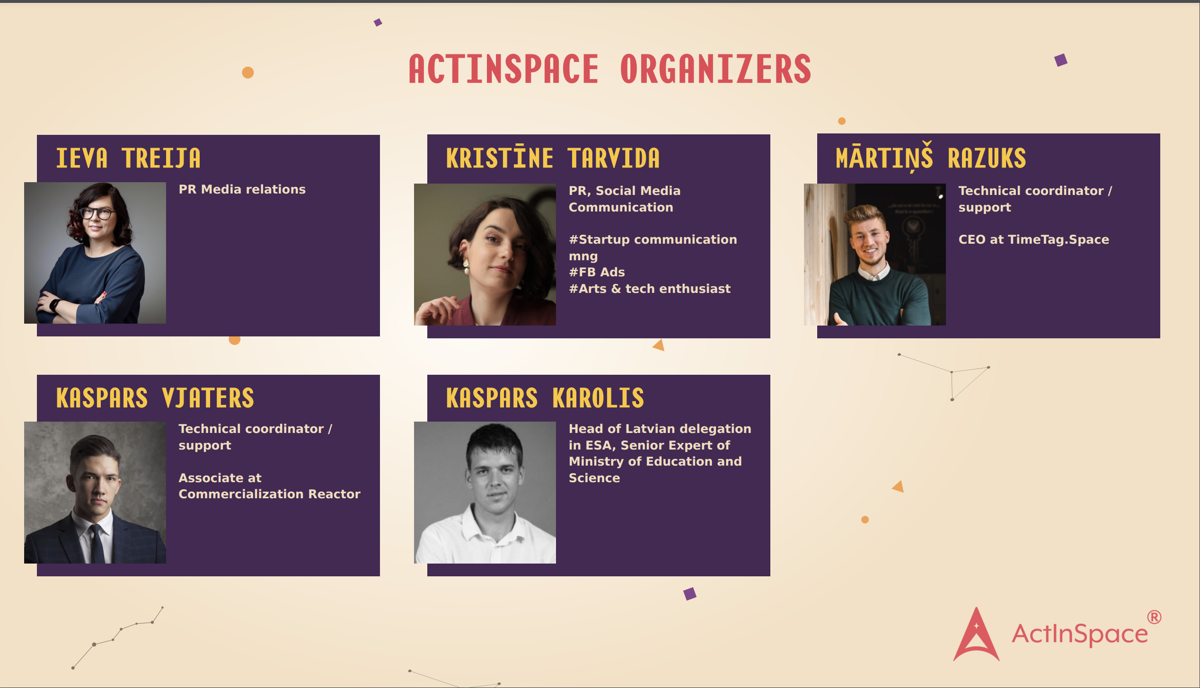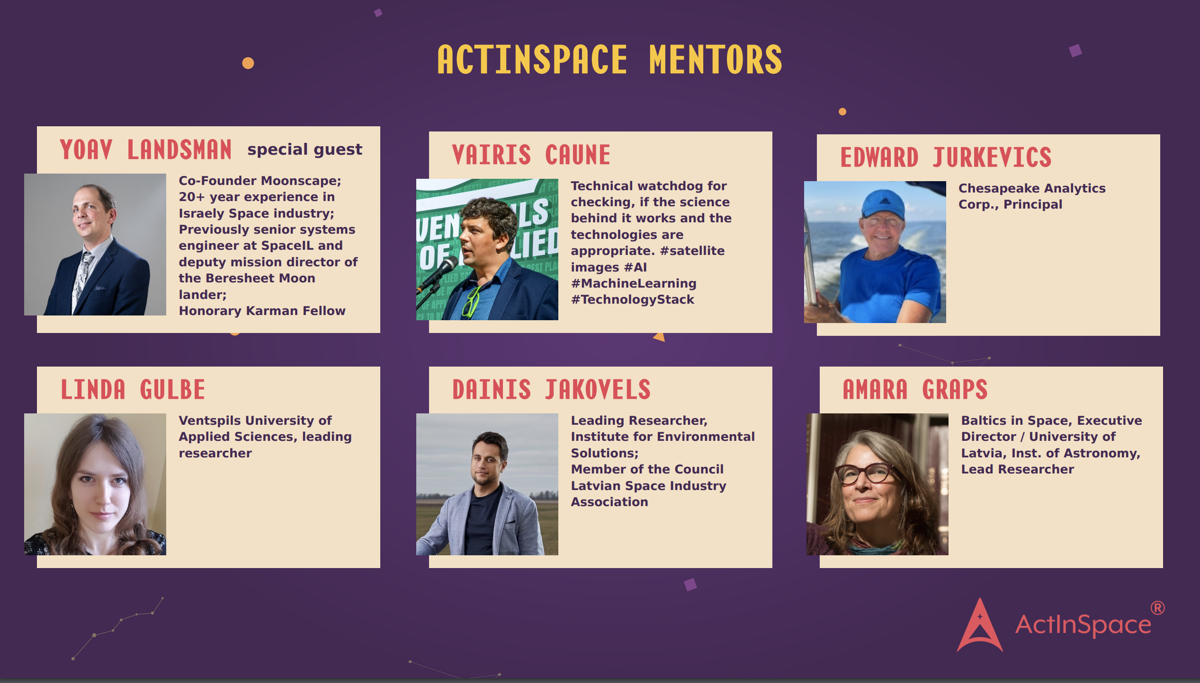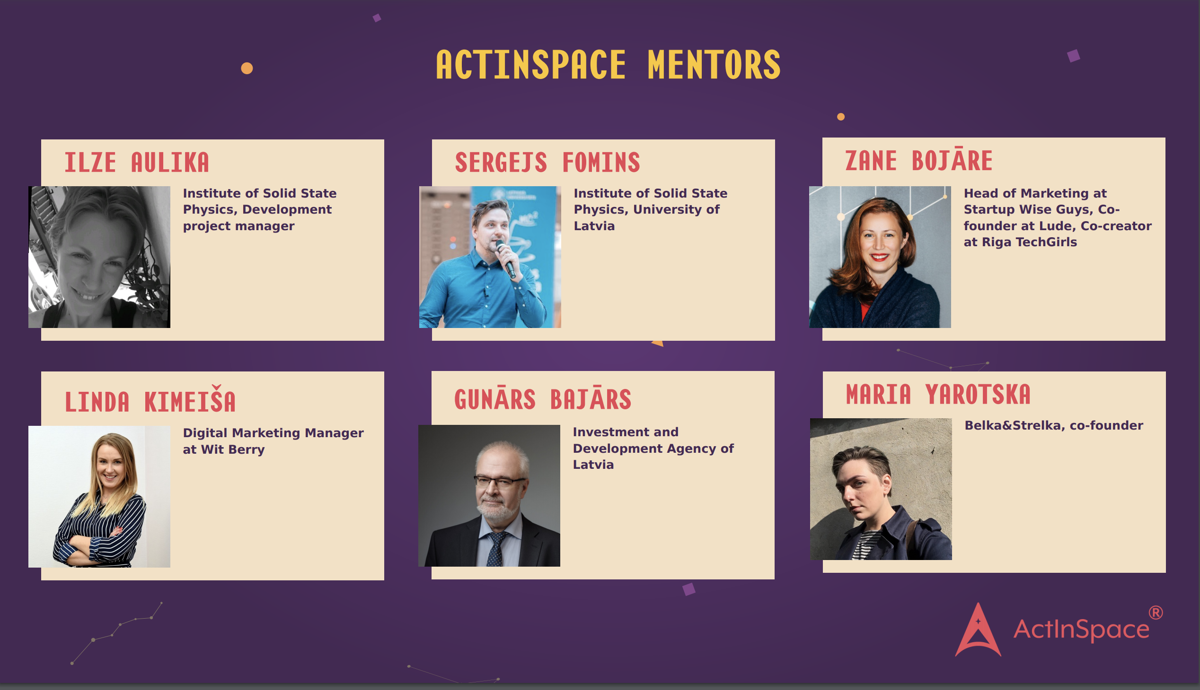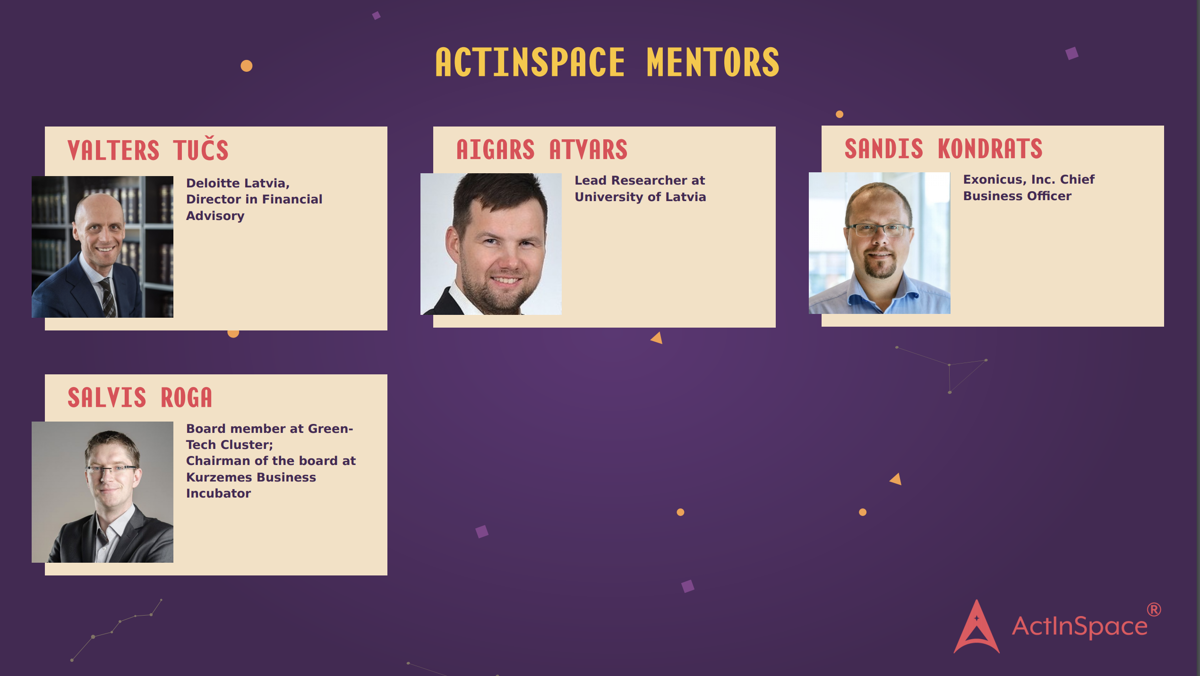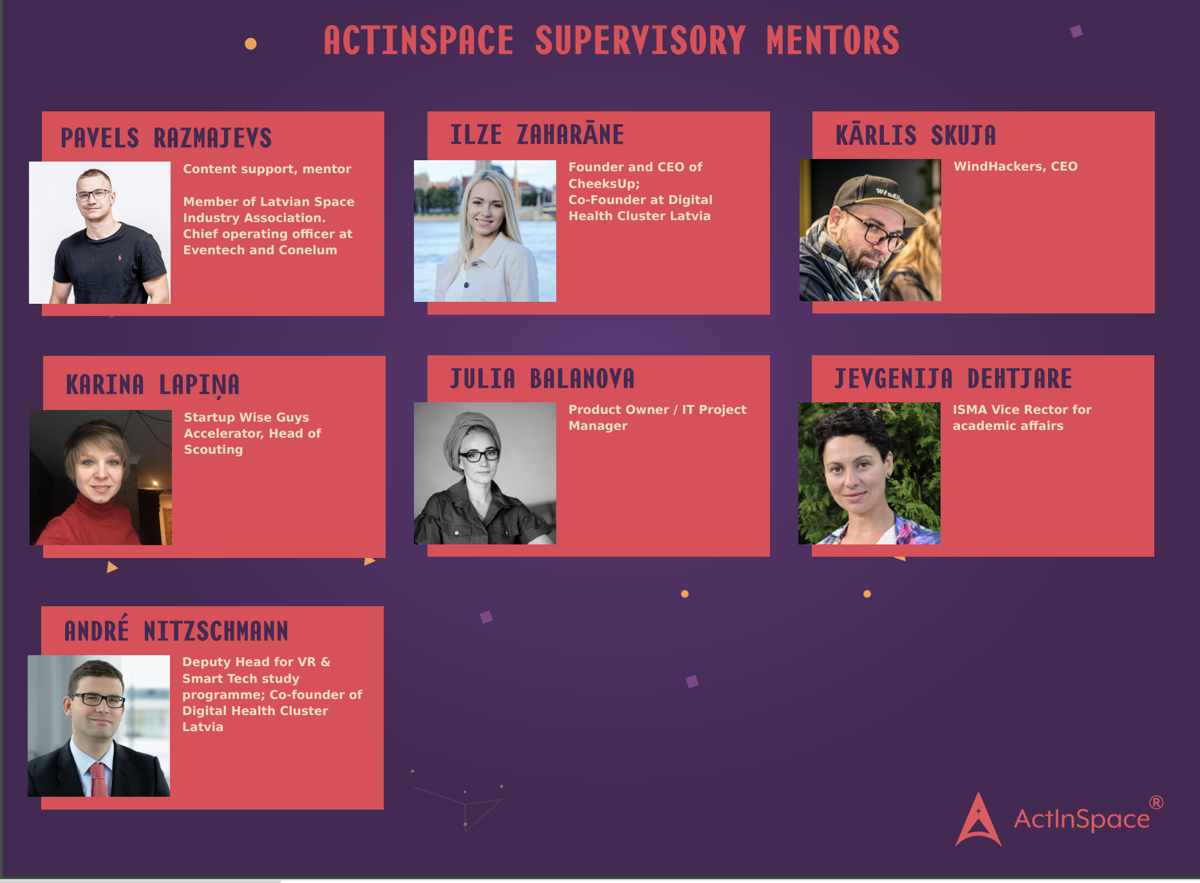Latvia takes a significant step toward closer collaboration with the Indian Space Research Organisation
On March 19, as part of the official visit of Latvia’s Minister of Foreign Affairs Baiba Braže to India, a high-level meeting took place with the Indian Space Research Organisation (ISRO) - one of the world’s leading and fastest-growing space agencies.
The ISRO delegation expressed interest in continuing discussions with Latvia at a technical level in the following areas:
Satellite data processing for forest management;
Radioisotope energy source technologies (Deep Space Energy);
Quantum communication and other applications of Eventech products.
Latvia’s national priorities in the space sector are:
Development of satellite data-based services for forest and land management;
Excellence in niche technologies and bilateral cooperation in applying them to space missions and the creation of commercial products.
LAIK will initiate intensive work in the coming weeks to guide and coordinate technical cooperation discussions between Latvian companies and ISRO, in close collaboration with the Latvian Embassy in India.
Latvia’s space industry was represented by:
LAIK (Latvian Space Industry Association), through its authorized representative Mihails Ščepanskis, CEO of Deep Space Energy, and
Pavels Razmajevs from the company Eventech.
The delegation was led by Minister Baiba Braže, with participation from:
Latvia’s Ambassador to India, Juris Bone, and his team;
Head of the Ministry of Foreign Affairs’ Department for Promotion of External Economic Relations, Gints Zadraks;
Deputy Director of the Export and Innovation Department of LIAA, Inese Šīrava.
This visit marks the beginning of a new level of cooperation between Latvia and ISRO, and affirms the potential of Latvia’s capable, innovation-based industry to become a trusted partner on a global scale.
We are grateful to Minister Baiba Braže and her office for making it possible for us to be welcomed by senior ISRO officials, as well as to LIAA and Latvian Ministry of Economics for their preparatory work on this visit.
In India, we met with:
Mr. M. Ganesh Pillai, ISRO Scientific Secretary,
Dr. J.V. Thomas, Director of Earth Observation & Disaster Management Support Program,
Mr. A. Arunachalam, Executive and Technical Director of NewSpace India Limited (commercial arm of ISRO),
Dr. Veeramuthuvel, Director of Space Infrastructure Program and Chandrayaan-3 program,
Mr. B. Behera, Associate Scientific Secretary at ISRO HQ,
Ms. Anitha Nandhini, Director at India’s Department of Space,
Mr. Sivakumar R, Associate Director, Office for International and Interagency Cooperation,
Mr. Raghu Meetei, Associate Director, Directorate for Technology Development and Innovation,
Mr. Ganesh Mohan, Associate Director, Indian National Promotion and Authorization Center (IN-SPACe),
Mr. Afjal Das, Program Manager, SATNAV-PO.
ISRO’s arsenal includes a full spectrum of launch vehicles—from economically and commercially efficient LEO launchers to heavy launchers, such as the one that recently carried out the extremely successful Chandrayaan-3 mission to the Moon’s polar region. ISRO is also rapidly developing its own independent Earth Observation and navigation satellite network. ISRO’s 2024 budget was approximately $2 billion.

The visit to India was carried out with the support of the Investment and Development Agency of Latvia (LIAA), under the agreement for export support services No. 9.3-1-L-2025/32.
DAIF Latvia and LAIK sign a cooperation agreement for the development of Latvian Space sector
The agreement will enhance the competitiveness of Latvian space industry companies, facilitate technology and knowledge transfer, and reinforce security at both the national and international levels.
“This agreement is essential for leveraging the potential of space technology for the mutual synergy of the Latvian security and defense industry. Cooperation with LAIK will allow us to rapidly develop at the national and international levels," says Elīna Egle-Ločmele, Chairwoman of the Board of DAIF Latvia.
LAIK board member Lev Lapkis highlights: “The development of space technology is crucial for the growth of the Latvian economy and national security. Joint projects with DAIF Latvia will allow local companies and research institutions to engage more actively in international initiatives.”
The agreement also envisions closer cooperation with the North Atlantic Treaty Organization (NATO) agency, the European Commission’s Directorate-General for Defense Industry and Space, the European Defense Agency, the European Space Agency, and other specialized organizations, ensuring that the Latvian industry contributes to international security and enhances its competitive edge.
This day is given special significance as the memorandum was signed on International Pi Day - a day that honors the wonders of mathematics and science. Pi (π), the infinite number that defines the ratio between a circle’s circumference and its diameter, has become a symbol of precision and innovation. Pi Day brings together math enthusiasts and science lovers around the world, inspiring us to explore creative solutions and advance technological development.

OPPORTUNITY: 7th CASSINI hackathon in Latvia: Environment & Green Transition
Latvia is among the 10 countries organizing the 7th Cassini Hackathon, which will take place on 13-15 September 2024. The aim is to develop satellite data-based solutions for sustainable development. The event is organized by the Latvian Space Industry Association and will be supported by several partners and four challenge owners, who will share real-world problems and opportunities that can be harnessed using Earth observation and satellite navigation data.
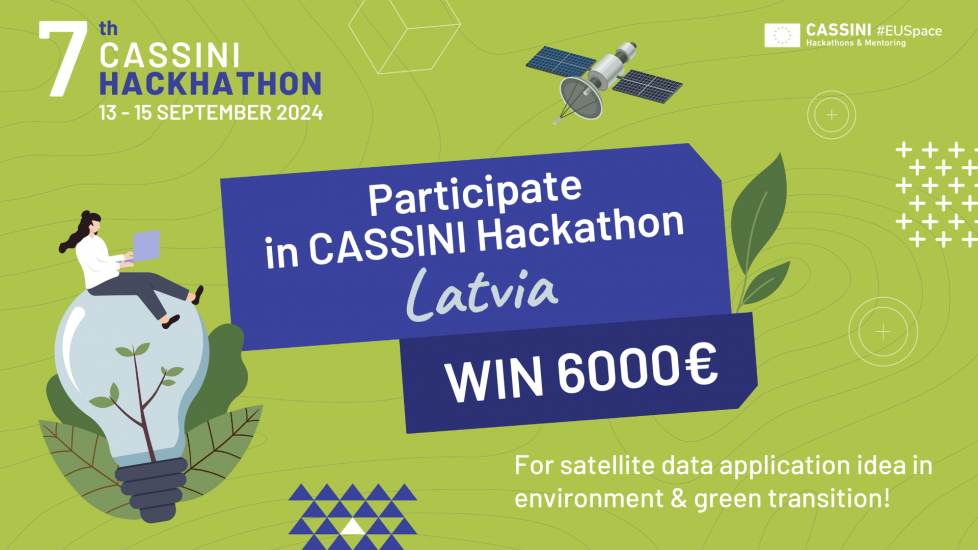
On 13-15 September 2024, the Latvian Space Industry Association, together with its partners, will organize the 7th edition of the CASSINI Hackathon: Environment & Green Transition. The event will take place simultaneously in nine other countries: Spain, Romania, Poland, Norway, Italy, Greece, Czech Republic, Croatia, and Albania.
Target audience: experts, students, and enthusiasts in IT, environmental sciences, business, and communication. If you have experience working with satellite data - great! If not - also great, as we will provide technical sessions and support in Earth Observation and satellite navigation.
Date: 13-15 September 2024
Location: RTU Science and Innovation Center, Ķīpsalas Street 6A, Riga.
Website & registration: https://www.cassini.eu/hackathons/latvia
Objective: sustainability initiative ideas with commercial potential using the EU Space Programme's freely accessible Earth Observation (Copernicus programme) and satellite navigation (Galileo and EGNOS programmes) data. Additionally, Latvia’s hackathon partner, Airbus, will provide free access to commercial high-resolution Earth Observation data!
Support for teams: the teams wil receive support from experts in satellite data analysis, business development and communication.
Subthemes: a wide range of cooperation partners will be involved in the hackathon, including the challenge owners, who will provide specific tasks for the participants:
- Riga City Council will invite participants to develop digitalization ideas for smart cities;
- Latvian National Peat Socienty is looking for ways to use satellite data in peatland and bog management, as well as in greenhouse gas emission calculations;
- Private Forest seeks ideas for using satellite data to support a sustainable and efficient forestry business;
- Gravity Team will challenge participants to use blockchain for satellite data verification and tracking in sustainable development, providing technical support for the use of blockchain technology.
*Participants can also propose other solutions; the main criterion is that they relate to sustainable development and use satellite data.
Support for teams: the teams will receive support from experts in satellite data analysis, business development, and communication.
Prizes:
- 3rd place € 400
- 2nd place € 700
- 1st place € 1,000 & and the chance to compete with other countries' hackathon winners for additional cash prizes and mentorship!
*More information on extra prizes of the cooperation partners to come!
European-level competition & start-up party: on 18 September 2024, a Demo Day event will take place, where the Latvian hackathon winner will compete online with other countries' hackathon winners. To support the Latvian team and celebrate this achievement, the Latvian Space Industry Association will organize this event in cooperation with the EIT Community Officer, inviting Latvia's deep tech ecosystem and all Latvia's CASSINI hackathon participants. During the event, the Investment and Development Agency of Latvia will present business support instruments for the further development of hackathon ideas and the EU Agency for the Space Programme (EUSPA) about EU Space Programme’s opportunities for business and science.
- 1st place € 5,000
- 2nd place € 3,000
- 3rd place € 1,000
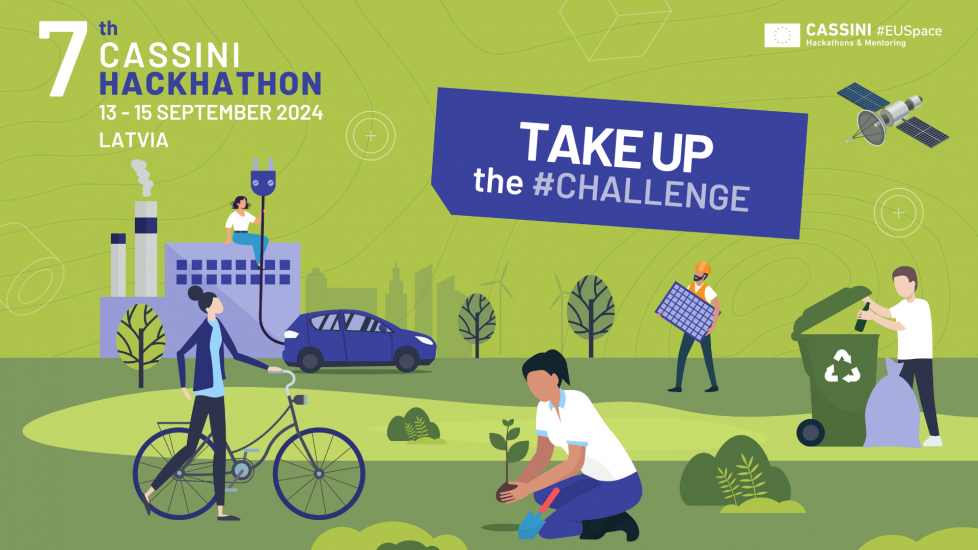
About CASSINI and the EU Space Programme: CASSINI is a space business support programme and is part of the EU Space Programme.
The EU Space Programme has several elements, including programmes that provide data from EU satellites: the EU Earth Observation programme Copernicus and Global Navigation Satellite System (GNSS) Galileo and EGNOS. These programs have global coverage, and their data is freely available for both scientific and commercial applications. Copernicus data is updated every 1-5 days, and Galileo data is even more accurate than GPS!
Data obtained from space is actively used in digitalisation solutions not only by professionals but also by the general public without specialised education in space, and increasingly in business. Satellite data can be used for information analysis, monitoring, and decision support in the following areas:
- Air quality and atmospheric chemical composition monitoring;
- Monitoring and management of forests, seas, rivers, lakes, bogs and agricultural fields, etc.
- Climate change and weather forecasts
- Energy, defense and critical infrastructure security
- Discovery and protection of cultural heritage
- Smart agriculture, crop and livestock activities
- Detection of Earth's movements and related hazards
- Emergency response planning for rapid action by emergency and rescue services
- Road, maritime and air transport
- Smart logistics and smart city solutions, infrastructure development planning
- Security and defense, and more.

Largest scientific technology event in the Baltics - Deep Tech Atelier - will place online from April 14 to 16
The largest and most exciting event of the deep-tech industry in the Baltics is back!
Register here: https://deeptechatelier.com/register/
More information at https://deeptechatelier.com.
Latvian teams offer futuristic solutions to the international space industry
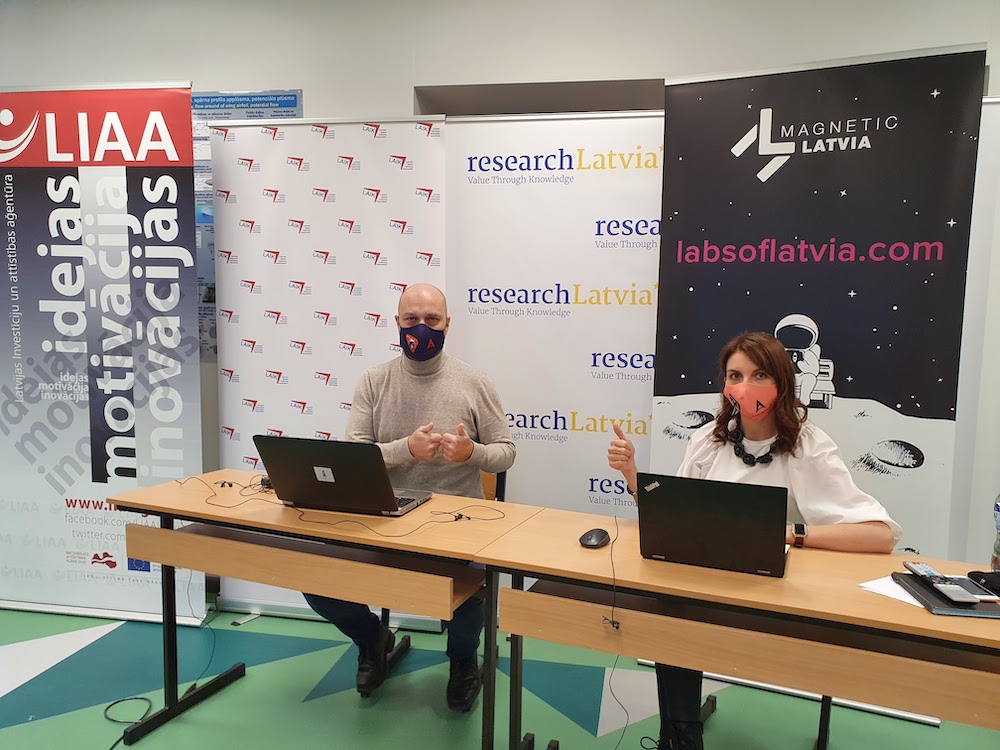
The international space hackathon “Act in Space” has also ended in Latvia. It took place for 24 hours in 75 cities in 45 countries around the world. The winner of the Latvian competition - a solution for continuous observation using nano-satellites - will now compete for the main prize in the international competition: weightless flight with an Airbus A310 Zero G aircraft.
Act In Space hackathon 2020
Act In Space 2020 Intro webinar - Earth observation
Learn about Earth observation data and how you could use them in Act in Space hackathon from Nov 13th to 14th.
